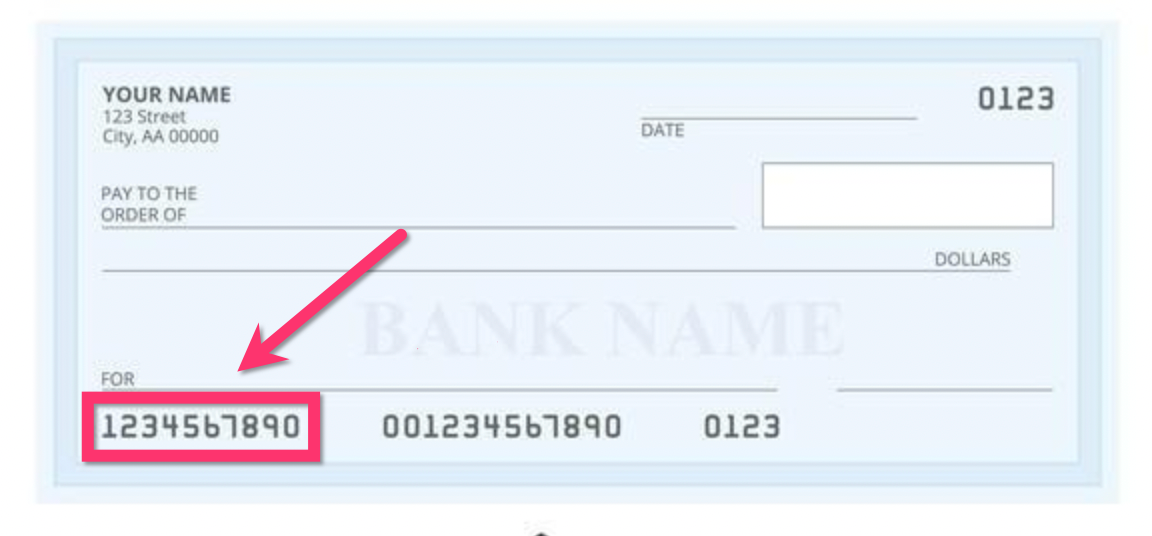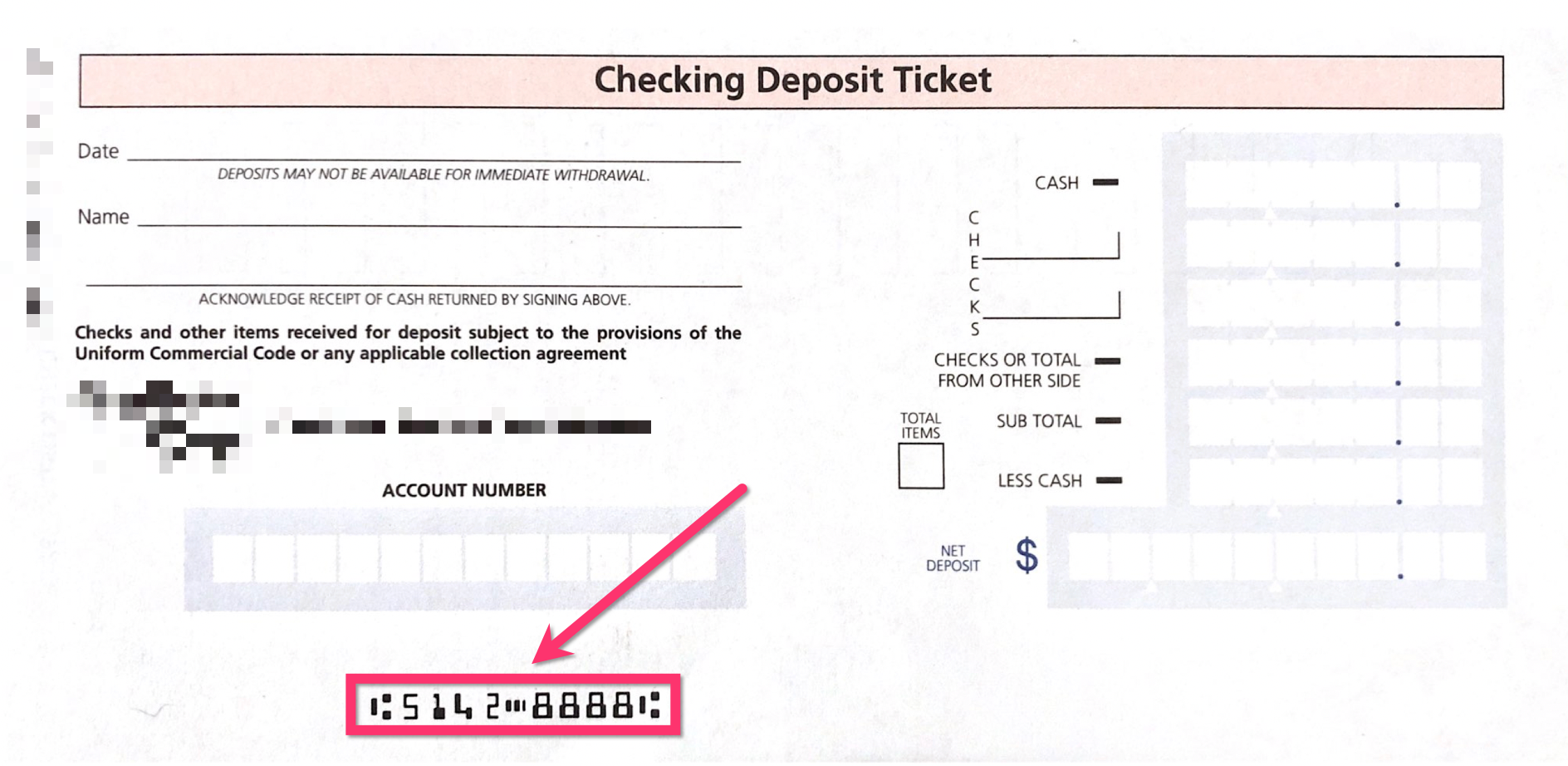When it comes to financial transactions, understanding the terminology can often be confusing. Many people wonder, "is ABA number the routing number?" The short answer is yes, an ABA number is indeed the routing number. These terms are often used interchangeably in banking circles. ABA stands for American Bankers Association, which developed this numbering system to help identify specific financial institutions in the U.S. Understanding this can help streamline processes like direct deposits, wire transfers, and check clearing.
For those who are unfamiliar, the ABA routing number plays a crucial role in the banking system. This nine-digit code ensures that funds are directed to the correct financial institution. It's important for anyone managing their finances to know what this number signifies and how it functions. As we delve deeper into the topic, we will explore the history of ABA numbers, their significance in today's banking landscape, and how they differ from other banking identifiers.
By understanding the intricacies of ABA numbers, individuals can better manage their financial accounts and transactions. This knowledge empowers consumers to make informed decisions and avoid potential pitfalls. Let's take a closer look at the details of ABA numbers, how they are used, and their importance in the modern banking system. Understanding whether "is aba number the routing number" will provide clarity for managing your finances effectively.
Read also:Reliable Assistance Your Ultimate Guide To Atampt Customer Service Number
What is an ABA Number?
An ABA number is a nine-digit code that identifies the specific financial institution associated with a particular account. This number was first introduced in 1910 by the American Bankers Association to facilitate the sorting and shipment of checks. Today, it serves a much broader purpose, helping to ensure that funds are routed to the correct bank or credit union. The ABA number is essential for processes such as direct deposits, automatic payments, and electronic funds transfers.
Why is ABA Number Important in Banking?
The ABA number plays a pivotal role in banking operations. It ensures that money is transferred accurately and efficiently between accounts. Without this number, banks would struggle to identify the correct institution and account for transactions. This number is also crucial for regulatory compliance, helping banks meet the stringent requirements set forth by financial authorities. Understanding the importance of the ABA number can help consumers navigate the complexities of banking more effectively.
Is ABA Number the Routing Number?
This is a common question among banking customers. Yes, the ABA number is the routing number. They are simply two different terms for the same concept. The term "routing number" is more commonly used today, but both refer to the nine-digit code that identifies the financial institution. Knowing this can help eliminate confusion when setting up transactions or discussing banking details with customer service representatives.
Where Can You Find Your ABA Number?
Locating your ABA number is straightforward. It can typically be found at the bottom of your checks, on your bank's website, or by contacting your bank's customer service. When looking at a check, the ABA number is the nine-digit code located on the bottom left corner. It's important to verify this number to ensure it matches the information provided by your bank, as discrepancies can lead to transaction errors.
Is the ABA Number the Same for All Accounts?
No, the ABA number can vary depending on the type of account and the location of the bank branch. Different branches of the same bank may have different ABA numbers. It's crucial to confirm the correct number for each transaction to avoid any potential issues. Some banks may also provide different ABA numbers for domestic and international transactions, so it's always best to double-check with your financial institution.
How Does the ABA Number Function?
The ABA number functions as a unique identifier for financial institutions within the United States. When a transaction is initiated, the ABA number ensures that the funds are routed to the correct bank or credit union. This process is facilitated by the Federal Reserve, which uses the ABA number to direct the flow of funds. Understanding how this system works can provide insight into the efficiency of modern banking operations.
Read also:Unveiling The Mysteries Of Zion Map A Comprehensive Guide
What Happens if the ABA Number is Incorrect?
Providing an incorrect ABA number can lead to significant delays or even the failure of a transaction. If the number is wrong, the funds may be sent to the wrong institution, resulting in the need for a reversal and additional processing time. It's always best to double-check the ABA number before initiating any transaction to prevent these issues. Banks typically provide tools to verify ABA numbers, making it easier for customers to ensure accuracy.
Is ABA Number the Routing Number for International Transactions?
While the ABA number is primarily used for domestic transactions within the U.S., it can also play a role in international transfers. However, for international transactions, additional information such as a SWIFT code may be required. It's important to consult with your bank to determine the appropriate numbers and codes needed for cross-border transactions. Understanding the nuances of ABA numbers in international contexts can help ensure smoother financial operations.
Common Misconceptions About ABA Numbers
There are several misconceptions surrounding ABA numbers. Some people believe that all accounts within the same bank share the same ABA number, which is not always true. Others think that the ABA number is only used for check processing, when in fact, it is integral to a wide range of banking activities. Clearing up these misconceptions can help consumers better understand and utilize their ABA numbers effectively.
Where Can You Learn More About ABA Numbers?
For those seeking more information, numerous resources are available. Financial institutions typically provide detailed explanations on their websites. Additionally, organizations like the American Bankers Association offer insights into the history and function of ABA numbers. Staying informed about these details can empower consumers to manage their finances more confidently. Understanding the concept of "is aba number the routing number" is just the beginning of financial literacy in this area.
Can ABA Numbers Change?
Yes, ABA numbers can change due to mergers, acquisitions, or other organizational changes within a financial institution. It's important for customers to stay updated on any changes that may affect their accounts. Banks usually notify customers in advance of any changes to their ABA numbers, providing ample time to update records and systems accordingly. Keeping track of these changes can help prevent disruptions in financial transactions.
Table of Contents
- What is an ABA Number?
- Why is ABA Number Important in Banking?
- Is ABA Number the Routing Number?
- Where Can You Find Your ABA Number?
- Is the ABA Number the Same for All Accounts?
- How Does the ABA Number Function?
- What Happens if the ABA Number is Incorrect?
- Is ABA Number the Routing Number for International Transactions?
- Common Misconceptions About ABA Numbers
- Where Can You Learn More About ABA Numbers?
In conclusion, understanding the concept of "is aba number the routing number" is essential for anyone managing their finances in today's digital age. By grasping the importance and functionality of ABA numbers, individuals can ensure smoother and more efficient banking transactions. Staying informed about these details can lead to greater financial confidence and security, empowering consumers to make better financial decisions.


